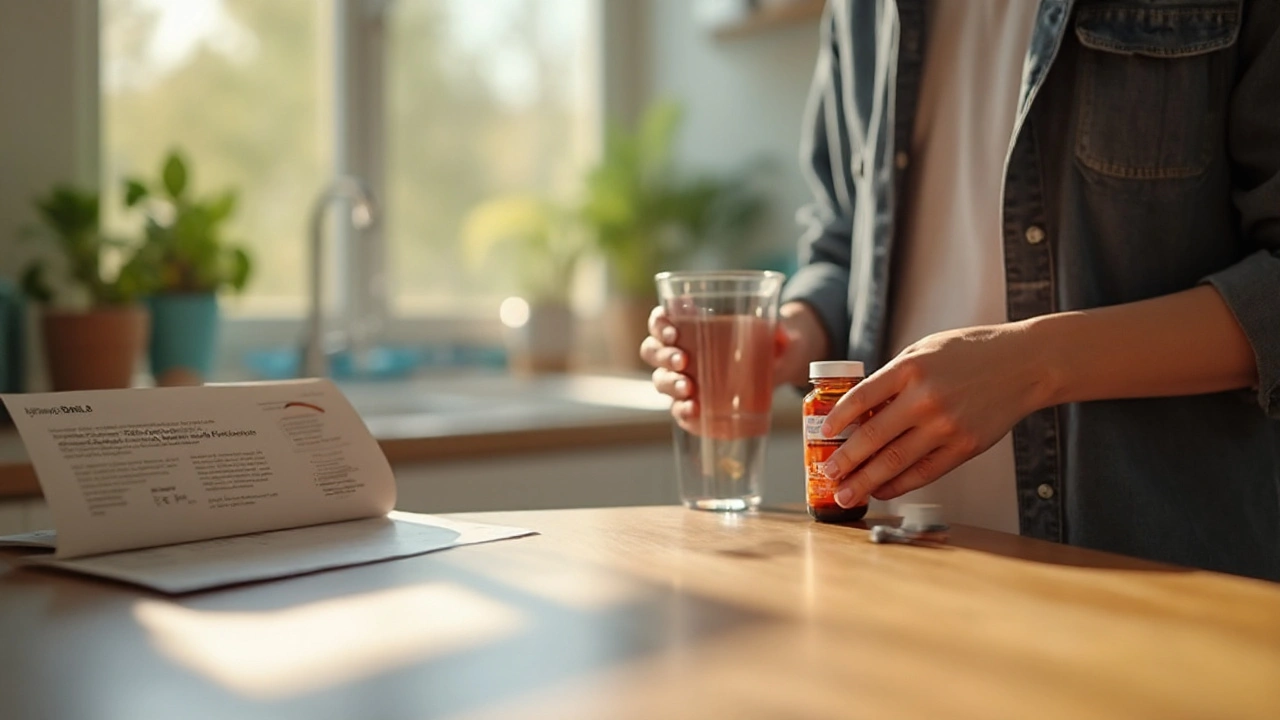H2 Blocker Basics: What They Do and When to Use Them
H2 blockers are medicines that tell your stomach to make less acid. They’re handy when you have frequent heartburn, acid reflux, or a stomach ulcer that needs calm. By cutting down acid, they let damaged tissue heal and stop the burning feeling that can keep you up at night.
How H2 Blockers Reduce Stomach Acid
Stomach cells have little “histamine” receptors called H2 receptors. When histamine binds, the cells release acid. An H2 blocker slides into those receptors and blocks histamine from attaching. The result is a steady, lower level of acid instead of big spikes after meals. This slower acid flow is why you don’t feel the same sharp burn you get with antacids.
Common over‑the‑counter options include famotidine (Pepcid) and ranitidine (Zantac). Prescription versions may have higher doses or different chemical tweaks, but the core idea stays the same: block the H2 signal and keep acid in check.
Choosing the Right H2 Blocker for You
First, think about why you need the drug. If you only need occasional relief, a low dose of famotidine taken before meals often works. For chronic ulcer healing, doctors may prescribe a higher dose and suggest taking it at night, when acid production peaks.
Check the label for any other medicines you’re on. H2 blockers can lower the absorption of drugs like ketoconazole or iron supplements, so you might need to space them out by a few hours. If you have kidney problems, your doctor may lower the dose because the drugs are cleared by the kidneys.
Side effects are usually mild. Some people feel a headache, dizziness, or mild constipation. Rarely, you might notice a change in taste or a skin rash. If you notice anything worrisome—especially unexplained swelling, trouble breathing, or severe dizziness—stop the medication and call a health professional.
When you start a new H2 blocker, give it a few days to a week to see the full effect. If symptoms linger, don’t just crank up the dose; talk to a doctor. They might suggest a different H2 blocker or switch you to a proton‑pump inhibitor if you need a stronger acid reduction.
Remember to store your pills in a cool, dry place and keep them out of children’s reach. Even though they’re sold without a prescription, treating them like any other medicine—checking expiration dates and following the dosing schedule—helps you get the best relief without surprises.
Pepcid (Famotidine) Guide: How It Works, Uses, Dosage & Alternatives 2025
Comprehensive 2025 guide on Pepcid (famotidine): how it works, proper dosing, safety, side effects, and how it stacks up against other acid reducers.
